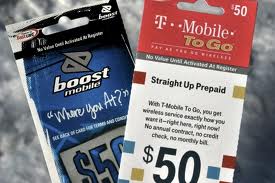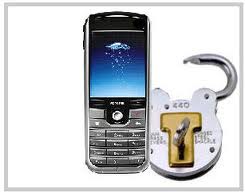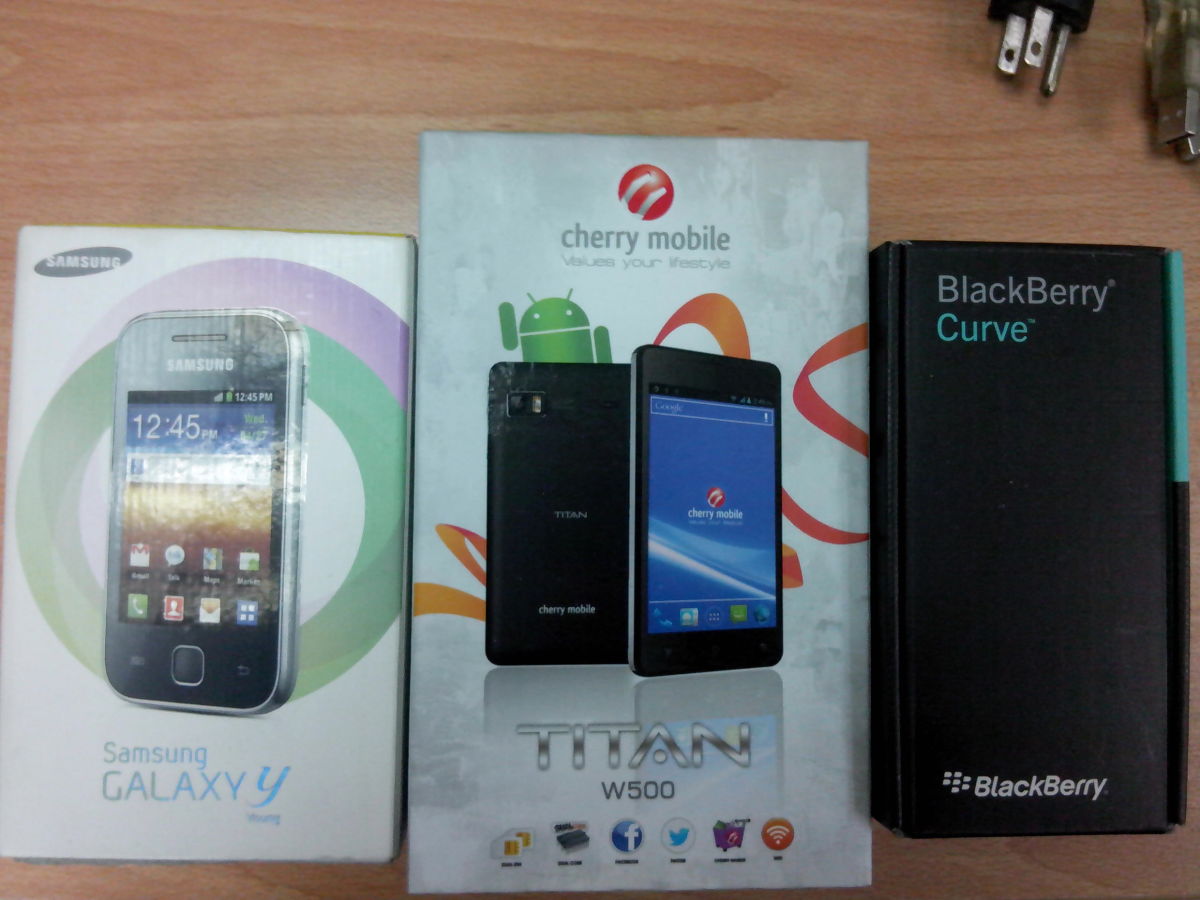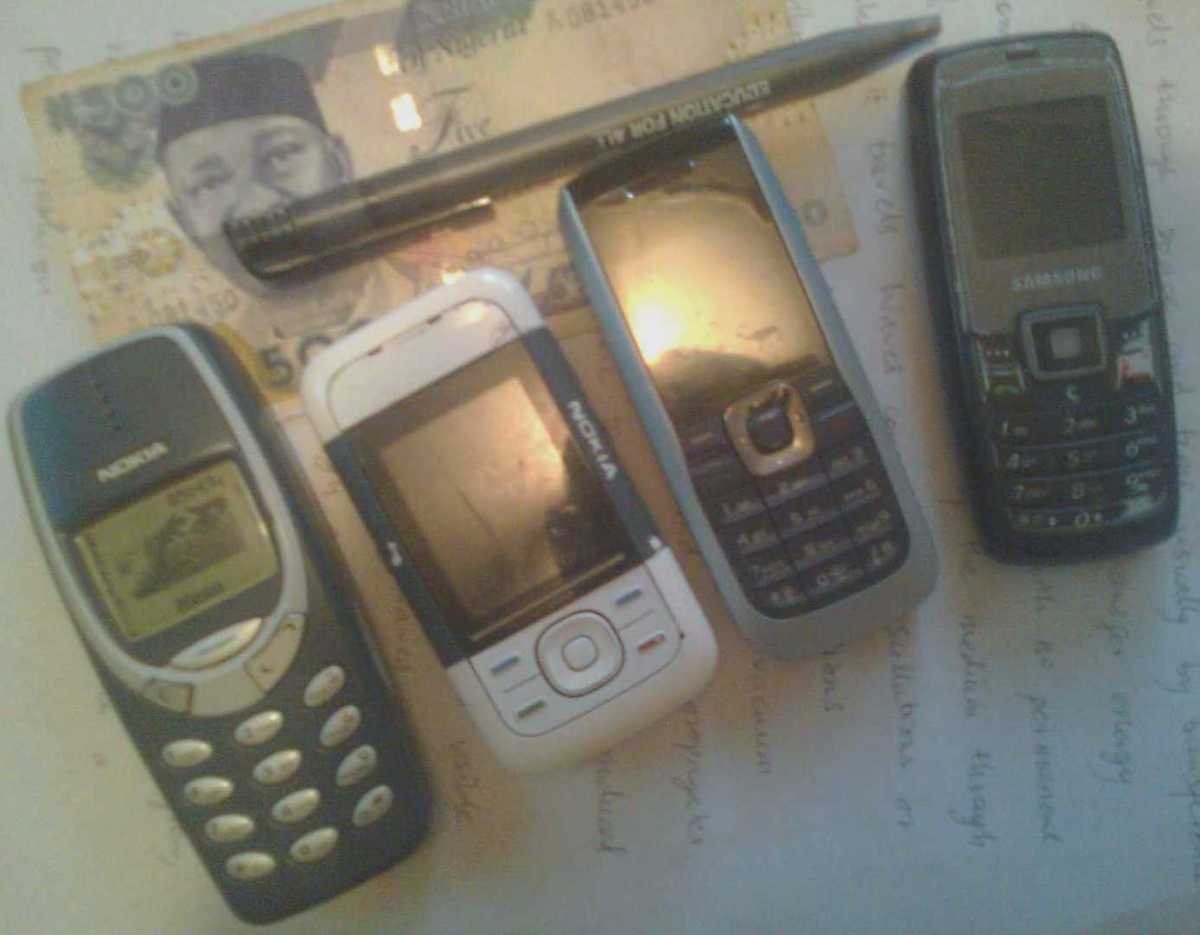How Switching to Prepaid Mobile Service Saves You Money

The Many Advantages of Prepaid
I'll admit I came late to the cell phone game and really only got one because of the unlimited long distance. In 2002 most people I knew signed on to a major carrier, got a free or inexpensive phone as a reward, and happily paid whatever was asked. The only thing we ever heard about prepaid cell phones was that movie bad guys used them for criminal activities, then threw them away. It's no wonder contract service was considered the gold standard.
Of course, that was in the U.S. Europeans were light years ahead of Americans and caught on early to the advantages of prepaid mobile phones. But in recent years the gap has narrowed and a prepaid cell phone is often considered the smart choice, for many good reasons:
For instance, prepaid offers:
- Coverage by major carriers (At&t, T-Mobile, Sprint, Boost, etc.)
- A variety of attractive prepaid phones and plans
- The exact same customer service and call quality as contract plans
- An option to choose what to spend on phone service each month
- No contracts, early termination fees, or, typically, activation charges
- In some cases, the opportunity to buy just a SIM card and use your own phone
If you're thinking that you like your carrier and would need more incentive than the above list to make a change, consider the savings. One major carrier offers a 450 minutes (with rollover) monthly plan, advertised at $39.99. This doesn't include taxes, fees, data, or texting. The basic bill will eventually be somewhere in the neighborhood of $50-$60. Add some data and text options and it can be $75 - $90. The same carrier offers a prepaid "unlimited" plan for $50 per month, flat fee. It includes talk, text, & data. This is just one example, and it isn't even the most expensive contract plan.
There Really is No Free Lunch - or Phone
Like many people, I convinced myself that my service was a bargain because I got a free phone with a two-year contract. The reality is that the provided phones could typically be bought elsewhere (Amazon, Ebay) at a reasonable price and used with a prepaid plan for a fraction of the cost of a contract. As an example:
Major Carrier: (free phone, 2-year contract) @ $62.00/month = $744.00/year
Prepaid: Ebay Phone@ $100.00 + prepaid service@ $31.80/month = $481.60/1st year ($381.60/year going forward)
Most phone contracts include an early termination fee, which could range from $180 - $360 and may be reduced slightly for each month of service. When the 2-year contract is completed, the customer has no obligation to keep the service, but also now has a 2-year-old phone which may need replacing.
Anyone nearing the end of a phone contract will benefit by reviewing prepaid plans, but what do you do if you have months to go before you're a "free agent"? It may surprise you to know that you could also realize long-term savings by paying off your early termination fee. Here is a real-life example of a customer who had a family plan with a major carrier. They opted to keep only one line and change from contract to prepaid mobile phone service:
Contract Family Plan:
- Line 1 - Basic service Line1 =$62.00/mo Line 2: $9.99/mo.+ taxes & data=$40.00 ($1,224.00/yr)
- Termination Fees: $220.00
Prepaid Carrier:
- Bought Sim Card only at T-Mobile website: $1.05
- (Used existing unlocked GSM phone): No cost
- One line only: $30.00 + $1.80 tax = $31.80 (1500 minutes or messages + 30 mb data)
- Total Cost = $32.85 - ($31.80 monthly going forward)
- Upfront cost to change = $221.05
- Monthly Savings: $70.00
- Time it took to recoup early termination fees: 3.15 months
- Savings going forward: $840.00/year
Even if the above customer invested in a new smart phone instead of using their own unlocked phone, the savings would be impressive.
And Now For the Rest of the Story...
Changing from a contract carrier to prepaid is not hard, but it there are a few important steps to take. For one thing, make sure you contact your current carrier and find out if there will be any early termination fees, how much they'll be, and when you'll be billed for them. Despite potential savings, these charges can really mount up, especially if you have more than one phone and are still in the early stages of your contract(s). Just do the math and figure out what's best for you and your budget.
If prepaid makes financial sense, your next step is to choose a carrier. Here's where it can be interesting. The Internet is loaded with websites offering to compare carriers, but that doesn't always make your decision easy for you. Some of the sites are actually advertising for particular carriers. Even if they are legitimate, you still need to decide exactly what you want and need, then choose the carrier, phone, and plan which comes closest to your ideal. None will be perfect, but, with a little homework, you can come pretty close.
I suggest using http://www.consumerreports.org/cro/index.htm (subscription required) or http://www.prepaidreviews.com/. Even pcmag.com has done some good research and you might get some pointers there.
Once you've decided to make the leap, you can choose to either keep using a phone you like, buy an unlocked phone, or invest in one of the carrier's prepaid mobile phones. Each option has its pluses and minuses:
Keep your phone:
- Saves money
- Must be compatible with the carrier you choose
- May have to be unlocked to use with your carrier
- You may have to configure your phone for your carrier's data and text settings
Buy an unlocked phone:
- Provides more choices than carrier's inventory
- Can cost more than carrier-issued phone
- Must be compatible with the carrier you choose
- You may have to configure phone for data and text
Buy Prepaid Carrier's Phone:
- Simple - phone is pre-configured and typically affordable
- Can often be bought and set up at local retail locations
- Is locked to your carrier
- Limited choices

It's So Easy Even I Can Do It
If you're not familiar with cell phones, you're probably confused by all this talk of unlocked phones, different types of phones, and configuring text and data. Allow me to clear that up and just say that I am no electronic genius and I managed to do every single thing I've mentioned here. I'm confident you can too, with a little patience.
Some explanations:
Locked/Unlocked Phones:
Carriers typically "lock" their own information when issuing a phone. This prevents customers from using the phone with other providers. However, most phones can be unlocked by obtaining a simple code, then inputting some characters into the phone. It takes minutes. Both the code and instructions can be purchased from one of many online vendors. Just do a search for "unlock codes" for your phone and you'll find dozens. Prices vary, so do a little comparison shopping first. YouTube also has many videos on this subject and some walk you through the process of unlocking your phone, once you have the code.
Different types of phones:
Basically there are two kinds of prepaid phones - CDMA and GSM. They are different technologies. Some carriers use one - some, the other. You'll care about this is if you are matching your current phone to a new carrier or buying an unlocked phone. Hint: GSM phones have SIM cards - a little piece of plastic with a gold contact square on the back. You must have the correct phone type for the carrier you choose. Their websites will explain which kind they use.
Configuring data and text:
If you choose a prepaid plan which includes text messaging and data (accessing the Internet via the carrier's network), your phone's information must match the carrier's. Each phone has a "settings" area which already has this information programmed by the original phone issuer. If you buy an unlocked phone or unlock your own phone, you need to change the phone settings. The carrier you choose will provide these settings for you and there's a lot of instruction to be found on the Internet if you have questions. It's easier than it sounds. Really!
Finally, after you've spent some time and had a little fun window shopping for carriers and phones, you need to contact the new carrier. Some let you do this entirely online or in retail stores. In some cases, you may want to call. Whatever is easiest for you.
You may be able to keep your current phone number and the carrier will walk you through this process. It's simple and usually doesn't take long. This process is called "porting" the number and, when completed, automatically cancels your account with your original carrier. However, you should call them to ensure your account is cancelled, whether or not you transfer your phone number.
Once your number has been transferred (or you are issued a new one by your prepaid provider), all you have to do is pick a plan and pay for it. They will explain the options for doing this. These may include paying at a retail location, buying refill cards and using codes to add funds via your phone, or paying online. You may even have the option to add a credit card to an online account and have your funds debited each month, just like you did with your contract phone.
Soon you'll be up and running and, if you're like me, feeling the wonderful rush that only a great bargain can provide.
Welcome to the Wonderful World of Prepaid
I've done a lot of research into the buying and using of prepaid phones and personally believe it is the sane choice, for all the reasons listed above and so many more.
Even if you're not as geeky as me and don't actually enjoy comparing hundreds of pieces of data, you will love the savings. Just the freedom of being out from under a contract is worth it.
So do a bit of homework, don't be intimidated by the terminology, and jump in. I believe you'll be happy you did.









